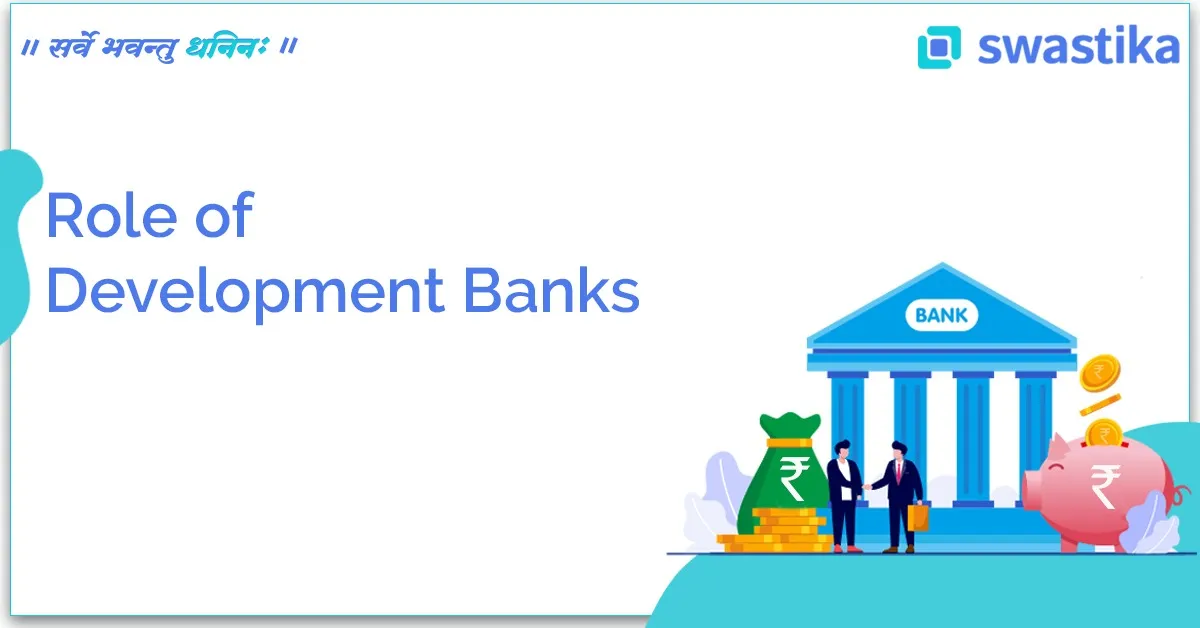It refers to a means of transfer of ownership or management, and control of public sector enterprises to the private sector. Privatization creates jobs and builds healthy competition in the market for the economy.it works for profit enhancement by improving customer services, and goods standards. India adopted Privatization as it was a part of the New Economic Policy or the LPG reforms.
Privatizations are instigated through various levels and phases and is considered profitable for the growth & development of a country, as it brings more efficiency and objectivity to business.
The stock of the previously publicly-owned company can no longer be traded in the stock market, and the general public is also banned from even holding a stake in such a company. Once privatization is completed, the company gives up the name 'limited' and starts using 'private limited' in its name. The main aim of Privatization is:
- It provides a strong drive to the inflow of FDI
- It improves the efficiency of public sector undertaking (PSU)
In the view for privatization, it is believed that the private sector and the regulation of free-market forces are a better incentive for businesses as they can be run efficiently and also achieve advancements in the field of economic welfare.
In the view against Privatization, it is considered to be an important supply-side policy that is designed in order to drive competition and improve productive and dynamic efficiency.it is also seen as a way of reducing the, share ownership and increase in investment, as privatized businesses were now free to raise finance through the stock market.
Concepts of Privatization in India
Some of the important concepts pertaining to privatization in India are discussed below:
Delegation
Delegation is the process by which the government delegates responsibilities to a private sector company via lease, franchise, contract, or grant. During this process, the government retains ownership and responsibility, but the private company handles all the daily activities; hence plays an instrumental role in delivering the end product or service. The state, however, remains an active participant in the entire process.
Divestment
Divestment is defined as the process of selling subsidiary assets, investments, or divisions of a company in order to maximize the value of the parent company. Companies can look for a divestment strategy in order to satisfy other strategic business, financial, social, or political goals. However, it still retains some ownership and remains a minority stakeholder in the company in order to remain a participant in the decision-making process.
Displacement
The process of displacement begins with certain deregulations. These deregulations will allow private companies to enter into a sector that was controlled and regulated only by the government. Once the private companies compete with the public-owned enterprises, then slowly and gradually, the public enterprises get displaced from that sector.
Disinvestment
Disinvestment refers to selling off certain as mostly a manufacturing plant, or product line. It Refers to the liquidation of a state-owned asset or a company and the process by which the Union government sells its stakes in a Public Sector Undertaking either fully or partially and the other way is they list it on the stock market.
Advantages
Now, let us take a look at some of the advantages and benefits of undertaking privatization:
- The private sector remains performance-oriented. Hence, it leads to higher efficiency of professionals and leads to better customer experience.
- A private limited company does not let any political factors affect its performance.
- A consistent managerial team allows the enterprise to make decisions in order to attain long-term goals.
- Privatization will increase competitiveness in the market that will allow the companies to boost their efficiency.
- It is beneficial for both the consumers and the economy.
- The government by implementing it, then ceases to be the sole owner of the entity or business and also increases revenue from the sale.
- It encourages shareholders to invest because of a good return.
Disadvantages
- It is bribery and corruption that hinders privatization. They are less transparent than government offices, which further results in a breeding ground for corruption.
- Inflexibility is one that can come with privatization. Governments sign lengthy contracts with private service providers, locking residents into one service provider as they take a large amount of time.
- Although privatization is usually on the basis it will reduce the consumers' costs, it can also drive the costs up.
Conclusion
Privatization is the process by which a piece of property or business from being owned by the government goes to being privately owned. Basic services, such as education, shouldn’t be subject to market forces. It will also help governments to save money and hence increases efficiency, whereas private companies can move goods in a much quicker way and more efficiently.


.png)




.webp)
.webp)

.webp)






